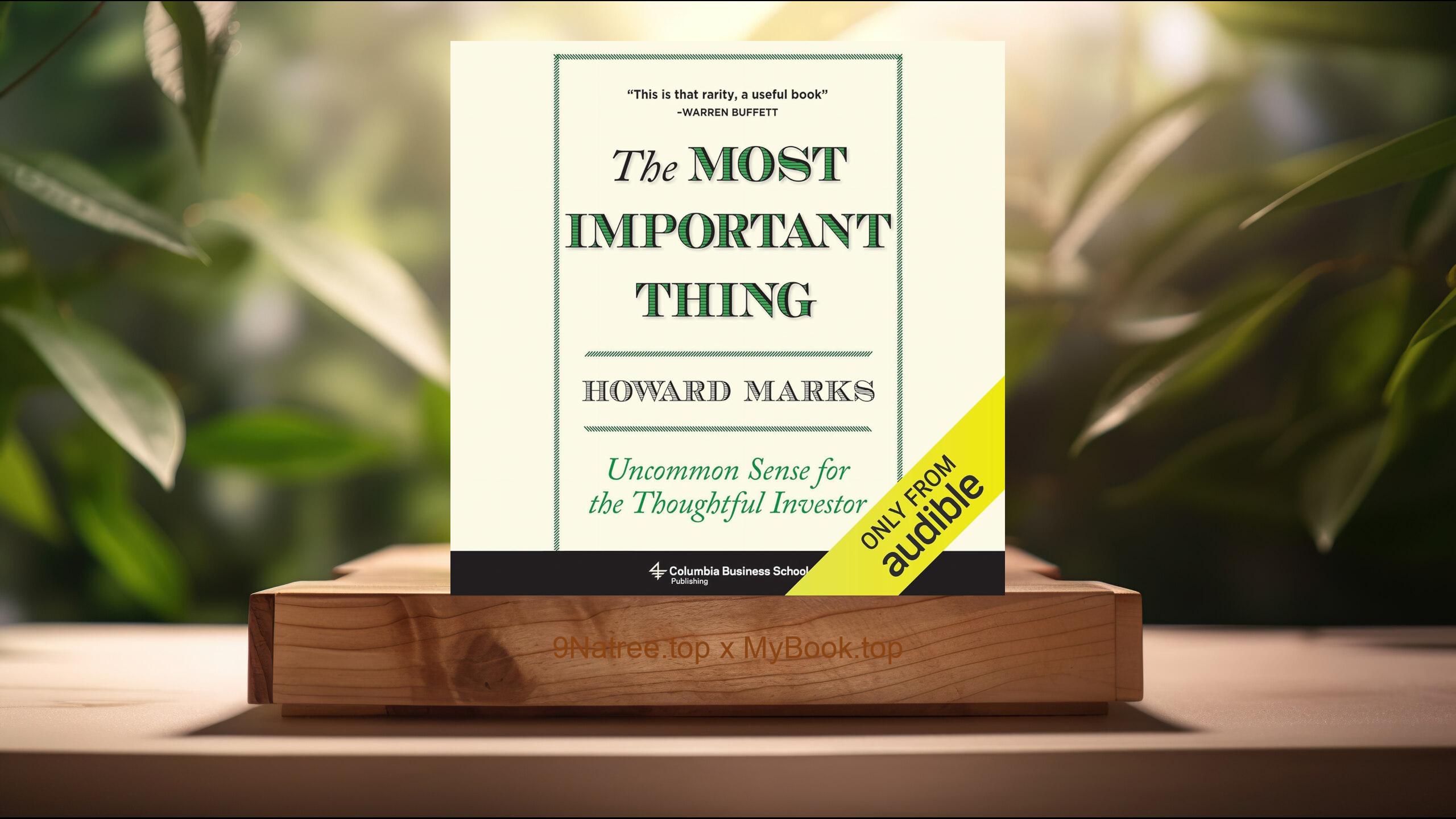Show Notes
- Amazon USA Store: https://www.amazon.com/dp/B00LLIIZNE?tag=9natree-20
- Amazon Worldwide Store: https://global.buys.trade/Spring-Chicken-Stay-Young-Forever-Bill-Gifford.html
- eBay: https://www.ebay.com/sch/i.html?_nkw=Spring+Chicken+Stay+Young+Forever+Bill+Gifford+&mkcid=1&mkrid=711-53200-19255-0&siteid=0&campid=5339060787&customid=9natree&toolid=10001&mkevt=1
- Read more: https://mybook.top/read/B00LLIIZNE/
#agingscience #longevityresearch #healthspan #genetherapy #dietandaging #exercisebenefits #technologicaladvances #psychologyofaging #SpringChicken
These are takeaways from this book.
Firstly, The Genetics of Aging, One of the core topics in 'Spring Chicken' is the genetics of aging. Gifford discusses how our genes significantly influence longevity and the current scientific understanding of the 'longevity genes.' He delves into fascinating research on organisms like the naked mole rat, which remarkably shows resistance to cancer and aging, to understand what genetic marvels might be applied to humans. Gifford explains the latest advancements in gene editing technologies, such as CRISPR, and their potential to extend human lifespans. Throughout, the narrative is buoyed by Gifford’s cautious optimism for future genetic interventions that could slow, halt, or even reverse the aging process, reminding readers that while genetics play a crucial role, they are but one piece of the longevity puzzle.
Secondly, The Role of Diet in Aging, Gifford dives deep into the role of diet in aging, dissecting popular diets and nutritional strategies that promise longevity benefits. From caloric restriction to the Mediterranean diet, he examines the scientific evidence behind the claims and the mechanisms through which diet influences aging and health. Gifford's exploration includes intriguing studies on fasting and intermittent fasting, showcasing their potential to trigger cellular repair processes and extend life. He effectively balances the hype with skepticism, providing a nuanced view on how dietary patterns impact longevity. Importantly, Gifford highlights that there isn't a one-size-fits-all solution, encouraging readers to consider individual health profiles and preferences when adopting any dietary changes aimed at promoting longevity.
Thirdly, Exercise and Longevity, Exercise is another pivotal theme in 'Spring Chicken.' Gifford elucidates the profound effects of physical activity on aging, backed by compelling scientific research. He explains how regular exercise not only improves physical robustness and healthspan but also positively affects the brain, potentially delaying or mitigating cognitive decline associated with aging. Gifford presents evidence from various studies, including those highlighting the benefits of both endurance and strength training in fostering a longer, healthier life. The discussion extends to exploring how exercise influences cellular aging processes, such as the maintenance of telomere length, underlining the multifaceted ways in which staying active contributes to longevity.
Fourthly, Technological and Pharmaceutical Advances, Gifford takes readers on a whirlwind tour of the cutting-edge technological and pharmaceutical advances aimed at combating aging. He covers a range of therapies, from senolytics, drugs designed to target and eliminate senescent cells, to the development of biomaterials for tissue regeneration. Gifford provides a balanced view on the potential and limitations of these technologies, offering insights into ongoing research and the ethical considerations surrounding the quest for eternal youth. Through engaging storytelling, he portrays a future where aging could be considerably delayed or even reversed, but also questions the societal implications and the true meaning of a prolonged life.
Lastly, The Psychology of Aging, Gifford doesn't just focus on the physical aspects of aging; he also delves into the psychology behind it. He investigates how attitudes towards aging and the cultural worship of youth influence not only individual behaviors but also research funding and societal norms. Exploring the psychosocial factors that contribute to longevity, such as social connections and a sense of purpose, Gifford reflects on how mental health and happiness play critical roles in aging well. The examination of centenarians and super-agers offers insights into the mindset and lifestyle factors contributing to extended healthspan, ultimately arguing for a more holistic approach to longevity that encompasses mental and emotional wellbeing.
![[Review] Spring Chicken: Stay Young Forever (Bill Gifford) Summarized](https://episodes.castos.com/660078c6833215-59505987/images/1992820/c1a-085k3-47d5r1qxfgkx-nwfucy.jpg)




